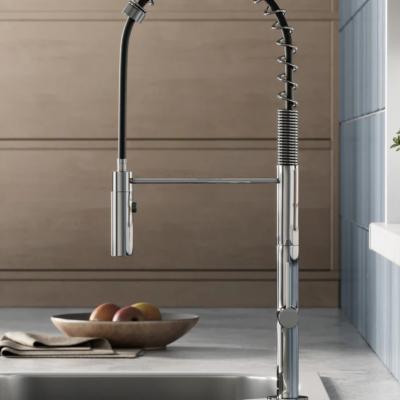The Impact of Weather Conditions on HVAC Systems

In homes and workplaces, heating, ventilation, and air conditioning (HVAC) systems are essential for preserving indoor comfort levels and air quality. Weather can have a big impact on these systems' durability and function, though, therefore they are not impervious to it. Every season poses different problems for HVAC systems, from the sweltering summer heat to the bitterly cold winter months. This post will examine how weather affects HVAC systems and offer maintenance advice to guarantee peak performance all year long.
Summer
With temperatures so high, HVAC systems have the difficult challenge of keeping indoor rooms cool and comfortable during the summer. If air conditioning devices are not properly maintained, the strain they are under may result in higher energy usage and even breakdowns. The following upkeep advice should be taken into consideration to lessen the impact of summer weather on HVAC systems:
- To guarantee effective airflow and stop the accumulation of dust and debris, clean or replace air filters on a regular basis.
- To improve performance and prevent airflow restriction, clean and inspect the external condenser unit to remove any debris, leaves, or other obstructions.
- Low refrigerant levels can lead to poor cooling performance, so check the levels and make sure there are no leaks.
- Plan for expert maintenance services to find and fix any possible problems before they become more serious and require expensive repairs.
Winter
HVAC systems face unique difficulties during the winter, especially in areas where temperatures fall below freezing. In order to keep interior temperatures pleasant, heating systems have to work harder, which puts more strain on parts like heat pumps and furnaces. The following maintenance advice should be taken into consideration to protect HVAC systems during the winter:
- Regular cleaning or replacement of air filters is necessary to keep dust and debris from building up and impeding airflow.
- Look for wear and tear on the furnace or heat pump, such as cracked heat exchangers or malfunctioning igniters, and take quick action to fix any problems you find.
- Close gaps in the air surrounding windows, doors, and ducting to keep warm air inside and save energy.
- To save energy expenses and better control indoor temperature, think about installing a programmable thermostat.
Autumn and Spring
The spring and fall transitional seasons offer chances to get HVAC systems ready for the next weather changes. Performing routine maintenance during these periods can enhance productivity and avoid problems from developing when temperatures change. Take into consideration these spring and fall maintenance suggestions:
- Arrange for expert HVAC checks to determine the system's state and take care of any problems that might have occurred over the previous season.
- Dust, dirt, and mold can build up over time in air ducts and affect the quality of indoor air. Therefore, it is important to clean and examine them.
- To guarantee seamless seasonal changes, test the HVAC system's heating and cooling modes.
- Reduce the amount of plants surrounding outdoor HVAC systems to ensure proper airflow and avoid obstacles.
All year long, the performance and lifetime of HVAC systems can be greatly impacted by weather conditions. Every season-appropriate routine maintenance program can help businesses and consumers maximize efficiency, save energy expenditures, and extend the life of HVAC systems. Proactive maintenance is essential to guaranteeing comfort and indoor air quality in any weather condition, whether it is cleaning air filters, checking components, or making professional service appointments.


